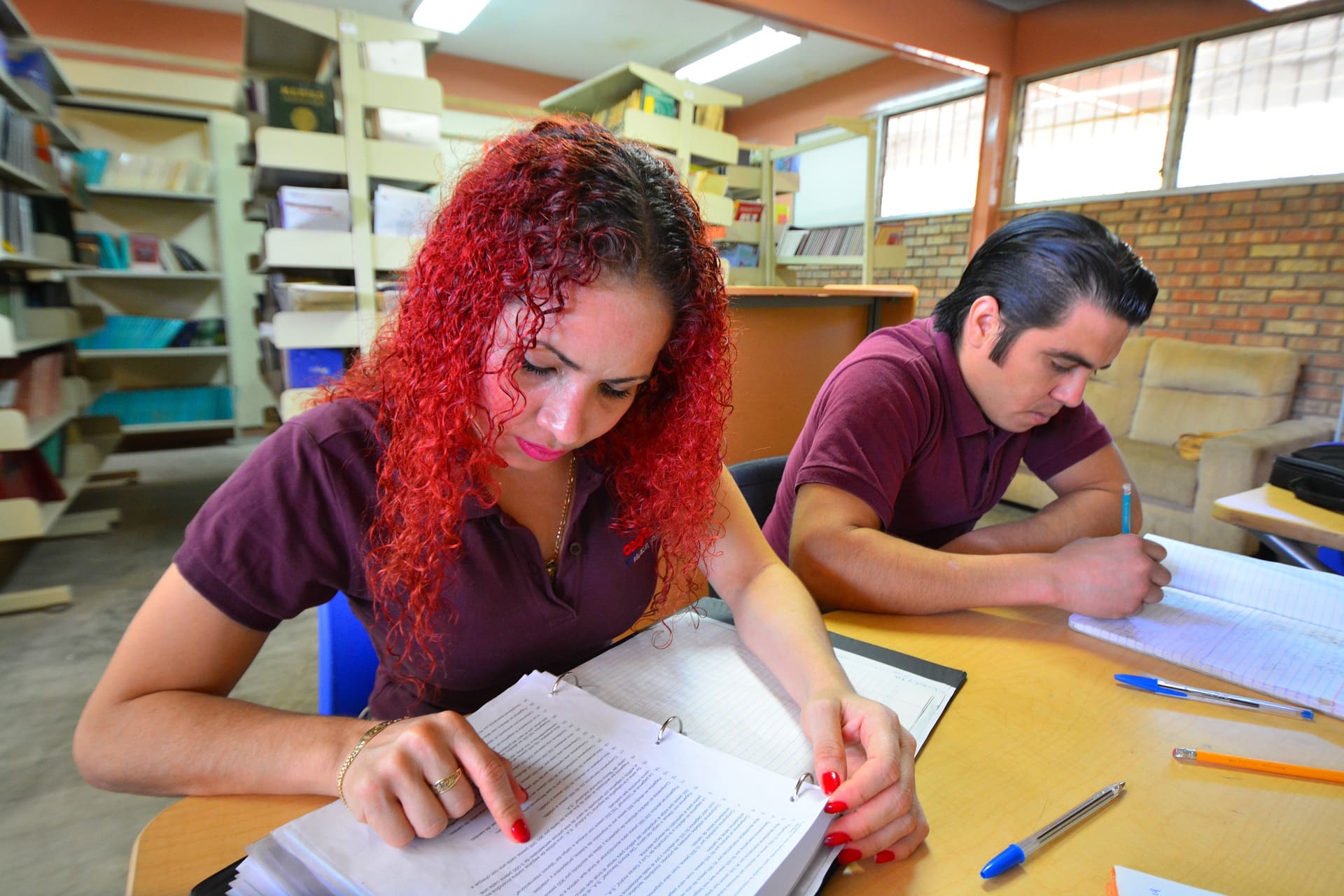Signs and Prevention
It is heartbreaking to hear that a teenager has chosen to end their own life. The devastating news of teen suicide creates shock waves throughout the entire community. Family, friends, teachers, coaches, and many others are all left wondering how it’s possible that this could have happened.
Suicide is the second leading cause of death among adolescents aged 15–19 years (CDC) in the U.S. and statistics on teen suicide in Minnesota follow that trend. Yet each case raises questions: How could I have not seen how much pain they were in? Were there signs that I missed? What could I have done to stop it?
While each case is different, there are some patterns that mental health professionals have seen that suggest a risk of suicide. Please know that these signs do not fit every case. If you have a concern about a suicidal child (or adult) you should strongly consider consulting a mental health professional to get help sorting out what to do next.
Signs of Suicidality in Teens
In addition to some of the more blatant signs of teen suicide risk, such as talking about committing suicide or writing suicide notes, here are some of the signs to watch for:
- Withdrawing from people, activities, or events that they were previously engaged with
- Tying up loose ends such as cleaning out their room, selling personal belongings, withdrawing money from their bank account, apologizing for things that happened long ago, saying goodbye, etc.
- Drastic or sudden changes in mood. Often looking like acceptance, this can be mistaken as someone who has finally gotten control of their depression
- Sullen mood
- Self-injurious behavior, such as cutting
- Feeling trapped
- Acting recklessly
- Complaints of chronic physical pain
- Feeling like a burden
- Expressing that they need help
- Having little interest in planning for their future. In teens, this can be one of the biggest tells. As a teenager, you begin to start planning for your future. Many teens are beginning to look at colleges/trade schools, starting to look for their first job, beginning new relationships, beginning to drive, etc. It is common for teens to not know what they want to do with their lives yet, but if they have not thought about their future at all, that could be cause for concern
Suicide Prevention
If you notice someone you love exhibiting one or more of the signs that they may be suicidal, here are some of the actions you can take:
- Call the National Suicide Lifeline: 800-273-8255, any time of day or night. Don’t worry about whether the situation is serious enough. They are there to provide guidance to concerned family, friends and others.
- Talk with the person you are concerned about or ask someone they would be comfortable talking to to check in on them. Let them know that they are not alone.
- Keep the conversation going. This should not be a one-off conversation.
- Address any misconceptions about seeking help for their mental health. Just as each person needs to continually focus on their diet or physical activity, mental health is something that everyone should focus on regardless of having a diagnosis.
- Set up time for them to meet with their primary care provider or a mental health professional to discuss how they are feeling and to get a proper diagnosis. After a diagnosis is made, begin discussing potential treatment options.
- Access local resources such as support groups, school counselors, and help lines to supplement the help provided by primary care providers and mental health professionals.
- Remove access to any firearms. Time and time again, studies show that access to handguns greatly increases the risk of suicide. According to a 2020 Stanford research study, “Men who owned handguns were eight times more likely than men who didn’t to die of self-inflicted gunshot wounds. Women who owned handguns were more than 35 times more likely than women who didn’t to kill themselves with a gun.”
If you think someone you know is suicidal, dial the National Suicide Lifeline number immediately. Also seek help from a medical or mental health professional for additional guidance. Advanced Brain + Body Clinic Ketamine TMS in the Twin Cities area specializes in treating severe depression, suicidality, anxiety, and PTSD, and offers the only FDA-approved treatment for acute suicidal ideation.


Dr. Kellie LeBlanc has a long and distinguished career as a nurse practitioner and nursing leader. Dr. LeBlanc has practiced in a wide range of clinical situations, including ICU, cardiovascular ICU, and the recovery room. At ABBC, she provides team leadership and direct expert mental health treatment for patients suffering from treatment-resistant depression, anxiety and PTSD.

